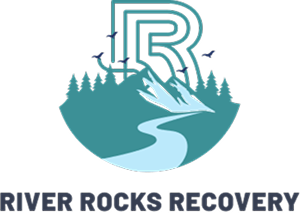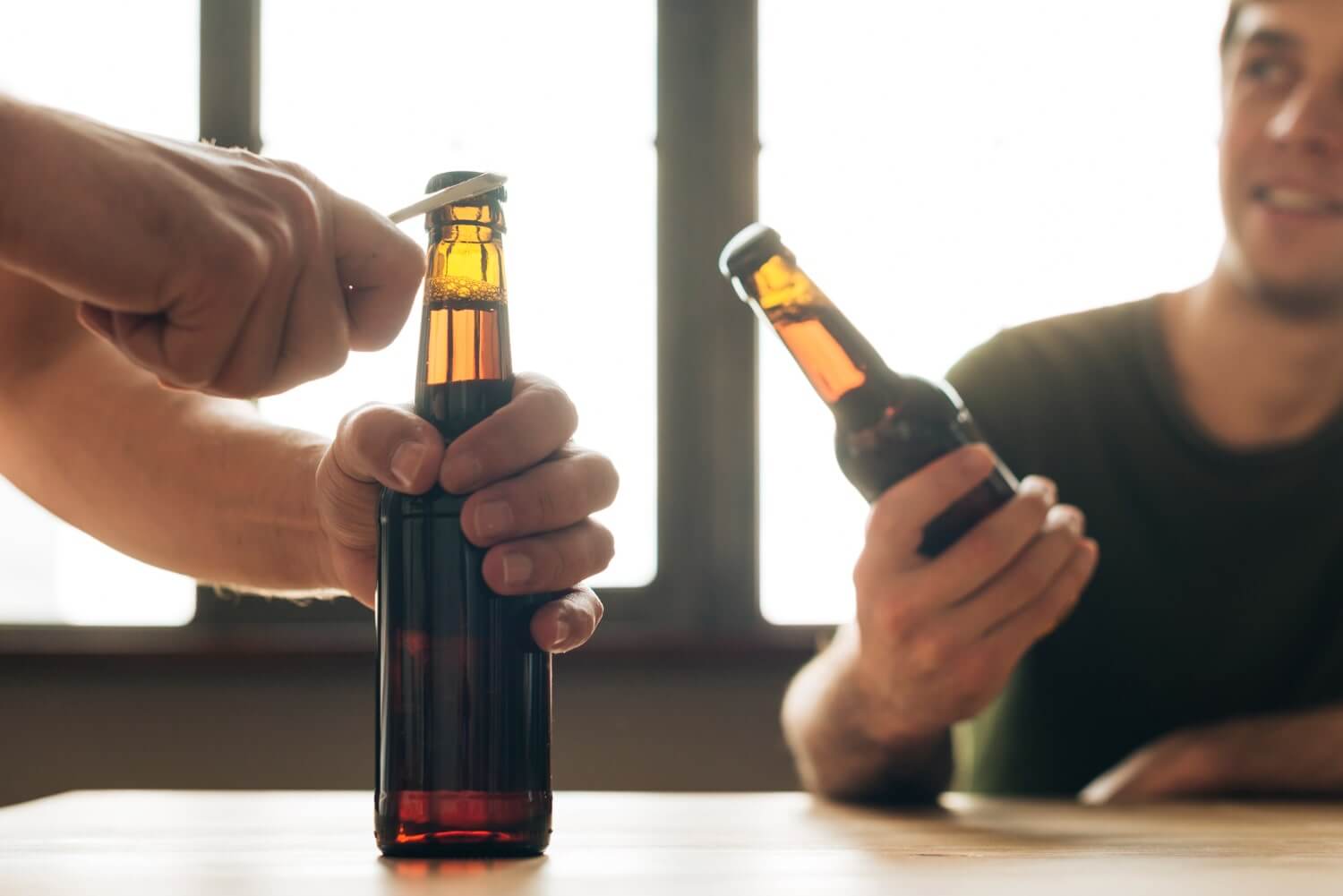We’ve all been there – catching up with friends over drinks, celebrating a special occasion with a toast, or unwinding after a long day with a glass of wine. Social drinking seems ingrained in our culture, a way to relax, connect, and celebrate. But sometimes, the line between social sipping and a more serious problem can feel blurry.
Understanding the key differences between social drinking and addiction is crucial. It empowers us to develop healthy consumption habits and identify potential problems in ourselves or those we care about. So, let’s uncork the truth and explore the two sides of the coin: social drinking and addiction.
Control vs. Dependence: The Defining Line
The defining characteristic that separates social drinking from addiction is control. Social drinkers have the reins on their alcohol intake. They choose when to drink, can set limits on how much they consume, and most importantly, they can stop after a set amount. For them, alcohol is primarily a social lubricant or a way to de-stress, and it has minimal impact on their daily lives or responsibilities.
Imagine yourself at a friend’s birthday party. You might enjoy a drink or two to loosen up and socialize, but you’re in control. You can switch to water later, happily call a cab if needed, and wake up the next day feeling refreshed, ready to tackle your day.
However, addiction is a different story. It’s characterized by a loss of control over alcohol consumption. People struggling with addiction experience intense cravings and find it incredibly difficult to resist the urge to drink, even when faced with negative consequences. Their lives start revolving around alcohol – neglecting work, straining relationships, and experiencing health problems – yet the pull to drink remains strong.
Beyond the Drink: Signs and Symptoms
While control is the defining line, there are additional signs and symptoms that can help differentiate between social drinking and addiction. Let’s explore these red flags:
Social Drinking:
- Minimal to no physical dependence or withdrawal symptoms. Social drinkers can stop drinking without experiencing physical discomfort like shaking, sweating, or anxiety.
- Alcohol use doesn’t interfere with daily activities or responsibilities. Work deadlines are met, social obligations are fulfilled, and overall well-being remains balanced.
Addiction:
- Development of tolerance. Over time, the body adjusts to the presence of alcohol, requiring the person to consume more and more to achieve the same effect.
- Withdrawal symptoms. Abruptly stopping alcohol after regular use can lead to withdrawal symptoms like anxiety, tremors, sweating, or even seizures in severe cases.
- Neglecting responsibilities. Work performance suffers, relationships become strained, and daily activities are neglected due to prioritizing alcohol use.
- Engaging in risky behaviors. Driving under the influence, unsafe sexual practices, or other risky behaviors become more common under the influence.
- Blackouts or memory loss. Heavy drinking can lead to blackouts, where the person has no memory of certain events while intoxicated.
The Social Sphere: When the Bubbles Burst
Alcohol can significantly impact our relationships. Let’s see how social drinking and addiction differ in this aspect:
Social Drinking:
- Can enhance social interactions and bonding in certain settings. Sharing a drink with friends can create a relaxed atmosphere and facilitate conversation.
- Moderate consumption generally doesn’t negatively impact relationships. When enjoyed responsibly, social drinking definition can even strengthen connections.
Addiction:
- Strained relationships. Broken trust, arguments, and neglecting loved ones due to alcohol use create tension and distance in relationships.
- Social isolation. Reliance on alcohol for social interaction can lead to social isolation as genuine connections are neglected.
Recognizing the Problem: Seeking Help When Needed
Sometimes, the line between social drinking and addiction can be blurry. It’s important to be self-aware and recognize the signs that might indicate a problem.
Here are some questions to consider:
- Do you find it difficult to control your alcohol intake?
- Has your drinking caused problems in your work, relationships, or health?
- Do you experience withdrawal symptoms when you try to stop drinking?
If you answered yes to any of these questions, or if you’re concerned about your own drinking or someone else’s, it’s crucial to seek help.
Get Help from River Rocks Recovery
River Rocks Recovery is a leading provider of addiction treatment programs, dedicated to helping individuals overcome alcohol dependence and reclaim their lives. We understand the challenges of addiction and offer a range of compassionate and confidential mental health therapy services, including:
- Detoxification: Medically supervised detoxification to safely manage withdrawal symptoms.
- Individual Therapy: One-on-one therapy sessions to address underlying issues and develop coping mechanisms.
- Group Therapy: Support groups provide a safe space to connect with others facing similar challenges.
If you’re struggling with alcohol addiction, you don’t have to go through it alone. River Rocks Recovery is here to support you on your journey to recovery. Call us today at 888.905.6281 or submit a form online for a free consultation. Take the first step towards a healthier and happier you.
FAQs Related to Social Drinking & Addiction
I only drink on weekends, but sometimes I overdo it. Does that mean I’m an alcoholic?
Binge drinking, even if it only happens occasionally, can be a sign of a problem. It’s important to consider your overall relationship with alcohol. Do you crave it? Do you find it difficult to stop once you start? If you’re concerned about your drinking habits, it’s always a good idea to talk to a healthcare professional.
How can I tell if a friend or family member might be struggling with addiction?
Some signs to watch for include:
- Significant changes in drinking habits (increased amount, frequency)
- Neglecting responsibilities due to drinking
- Experiencing withdrawal symptoms when they stop drinking
- Engaging in risky behaviors while under the influence
- Strained relationships due to alcohol use
If you notice these signs, talk to your loved one in a supportive manner and encourage them to seek professional help.
I’m worried about seeking help for addiction. What should I expect?
Treatment facilities offer a safe and confidential environment for individuals seeking help. Treatment programs are tailored to individual needs and often involve a combination of detox, therapy, and support groups. The focus is on helping you overcome addiction and regain control of your life.
Isn’t addiction treatment expensive?
Many treatment options are available, and some may be covered by insurance. River Rocks Recovery can help you explore financing options to find a program that fits your needs and budget.
What are the benefits of getting help for addiction?
Addiction recovery can significantly improve your quality of life. Benefits include:
- Improved physical and mental health
- Stronger relationships
- Increased self-esteem
- Greater control over your life

